This Week in Logistics News (March 9 – 15)
Logistics Viewpoints
MARCH 15, 2024
According to its annual survey, the National Retail Federation (NRF) indicates that consumers plan to spend a record $7.2 According to its annual survey, the National Retail Federation (NRF) indicates that consumers plan to spend a record $7.2 The tolls that ships pay are now around eight times more expensive than normal.


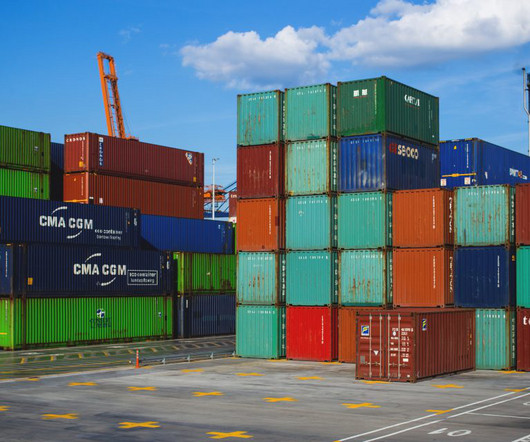
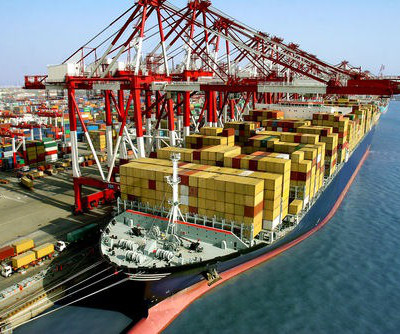
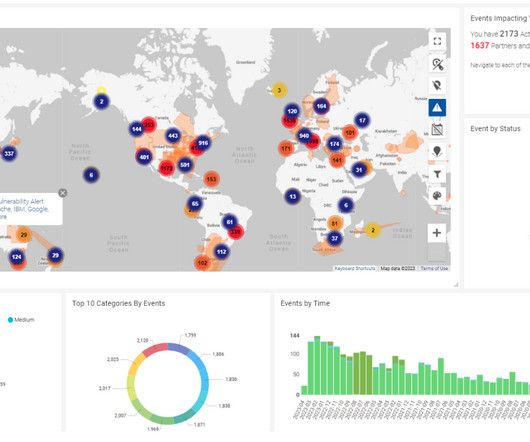

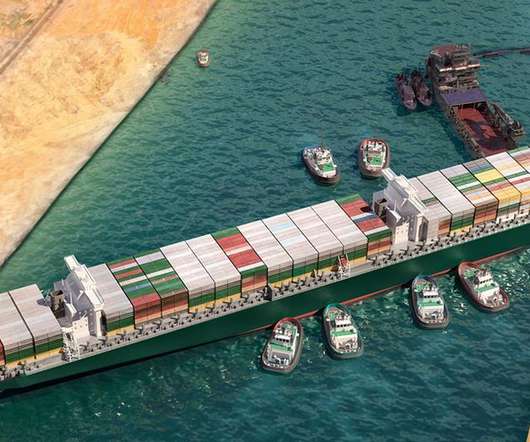




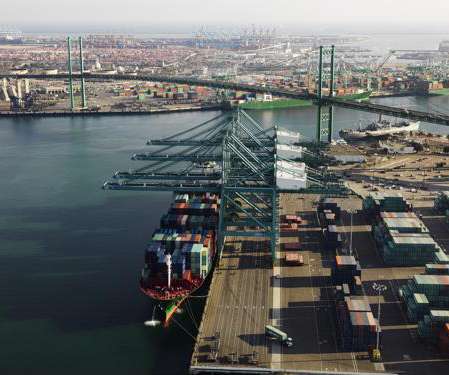
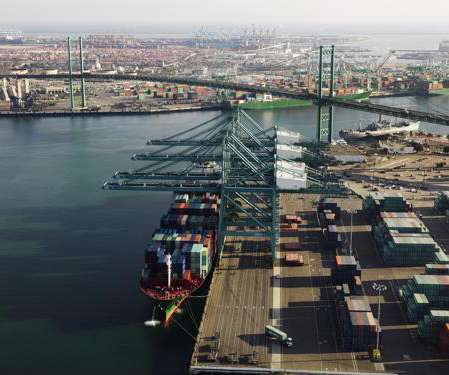



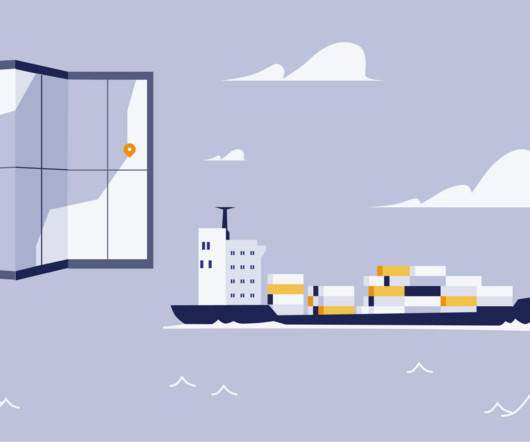










Let's personalize your content